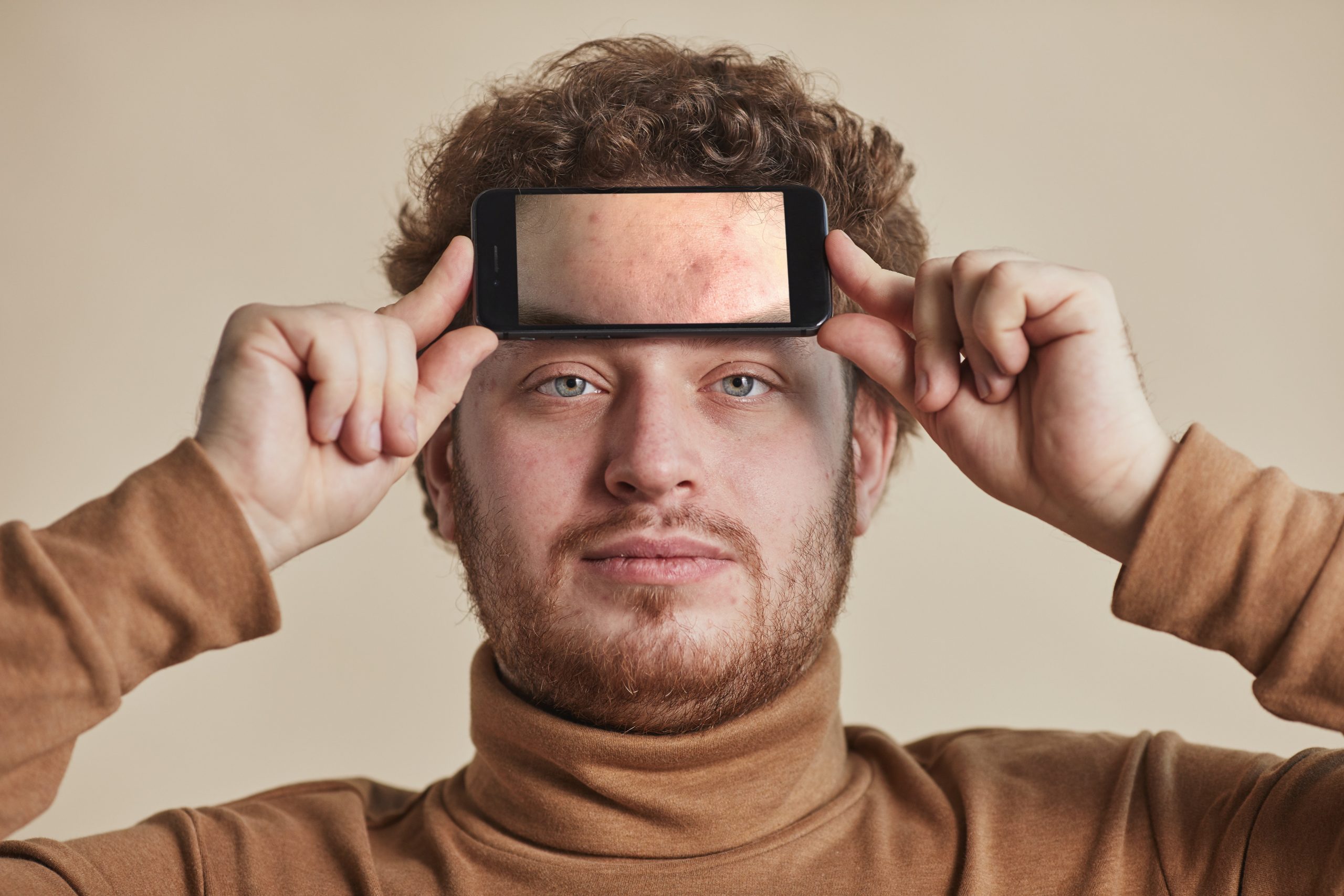In a world increasingly conscious of physical disabilities, there remains a category often overlooked: invisible disabilities. These are chronic illnesses, conditions, or disabilities not immediately apparent to others but that significantly impact individuals’ lives. Recognizing, understanding, and supporting people with invisible disabilities is crucial, as they face unique challenges in daily life, work, and social interactions.
This article delves into the realm of invisible disabilities, highlighting their challenges and exploring how we can extend support.
Recognizing Invisible Disabilities

Invisible disabilities can range from mental illnesses like depression and anxiety to chronic fatigue or pain, cognitive dysfunctions, and systemic medical conditions. Recognizing these requires a paradigm shift from traditional perceptions of disability. The first challenge individuals face is legitimizing their disability, both legally and socially.
For instance, someone with a debilitating but unseen condition might need to prove their disability during discrimination or benefits disputes, often seeking the aid of a New York disability lawyer. These legal professionals become indispensable, helping navigate the complex territory where health and legal systems meet and ensuring their clients receive fair treatment and support. For the rest of us, recognition starts with education and understanding that not all disabilities are visible.
Social Stigmas And Misunderstanding

One of the most significant barriers people with invisible disabilities encounter is social stigma. Misunderstandings arise when they use facilities for disabled individuals, leading to judgment and scrutiny.
These experiences can be isolating, often forcing individuals to downplay their struggles to avoid confrontation. Friends, family, and colleagues must become allies, challenging societal norms by advocating understanding and acceptance of these unseen conditions.
Workplace Challenges
Professional environments can be incredibly challenging for those with invisible disabilities. They might struggle with a traditional work schedule, need special accommodations, or face discrimination due to misconceptions about their condition.
Employers need to foster inclusive workplaces by providing necessary adjustments, such as flexible working hours, remote working options, or specialized ergonomic office equipment. Open dialogue about invisible disabilities should be encouraged, creating an atmosphere of trust and support.
Access To Appropriate Healthcare

Individuals with invisible disabilities often grapple with healthcare systems. Regular misdiagnosis, disbelief from medical professionals, or treatments that don’t accommodate their specific needs are common issues.
Access to comprehensive care is vital – from mental health services to specialists who understand the nuances of their condition. Healthcare providers must be trained to recognize and validate these disabilities, providing holistic support beyond symptomatic treatment.
Building a Supportive Community

Support comes from understanding, and it’s essential to create communities where individuals feel safe to speak about their experiences and needs. Online platforms, support groups, or community centers can offer resources and safe spaces for people with invisible disabilities.
These communities validate their experiences, provide shared learning opportunities, and contribute to a larger sense of belonging and understanding.
Conclusion
Invisible disabilities, overshadowed by the physical manifestations of traditional disabilities, demand recognition and understanding. They represent a frontier of the broader disability rights movement, where the challenges extend into social, professional, and medical realms. From the pivotal role of legal advocacy in upholding the rights of the invisibly disabled to the social adjustments required for their inclusion, our approach needs empathy and comprehensive support mechanisms.
This encompasses everyday actions, dialogues, and the deconstruction of preconceived notions about disability. It’s about recognizing that assistance, understanding, and kindness should never be contingent upon visible proof.

John Davis is a passionate content writer with a knack for crafting engaging narratives across various subjects. With a keen eye for detail and a love for storytelling, John brings ideas to life through the power of words. His dedication to delivering high-quality and informative content has made him a trusted voice in the digital realm. When he’s not at his desk, you’ll find John exploring new hobbies and seeking inspiration in the world around him.






Loading…